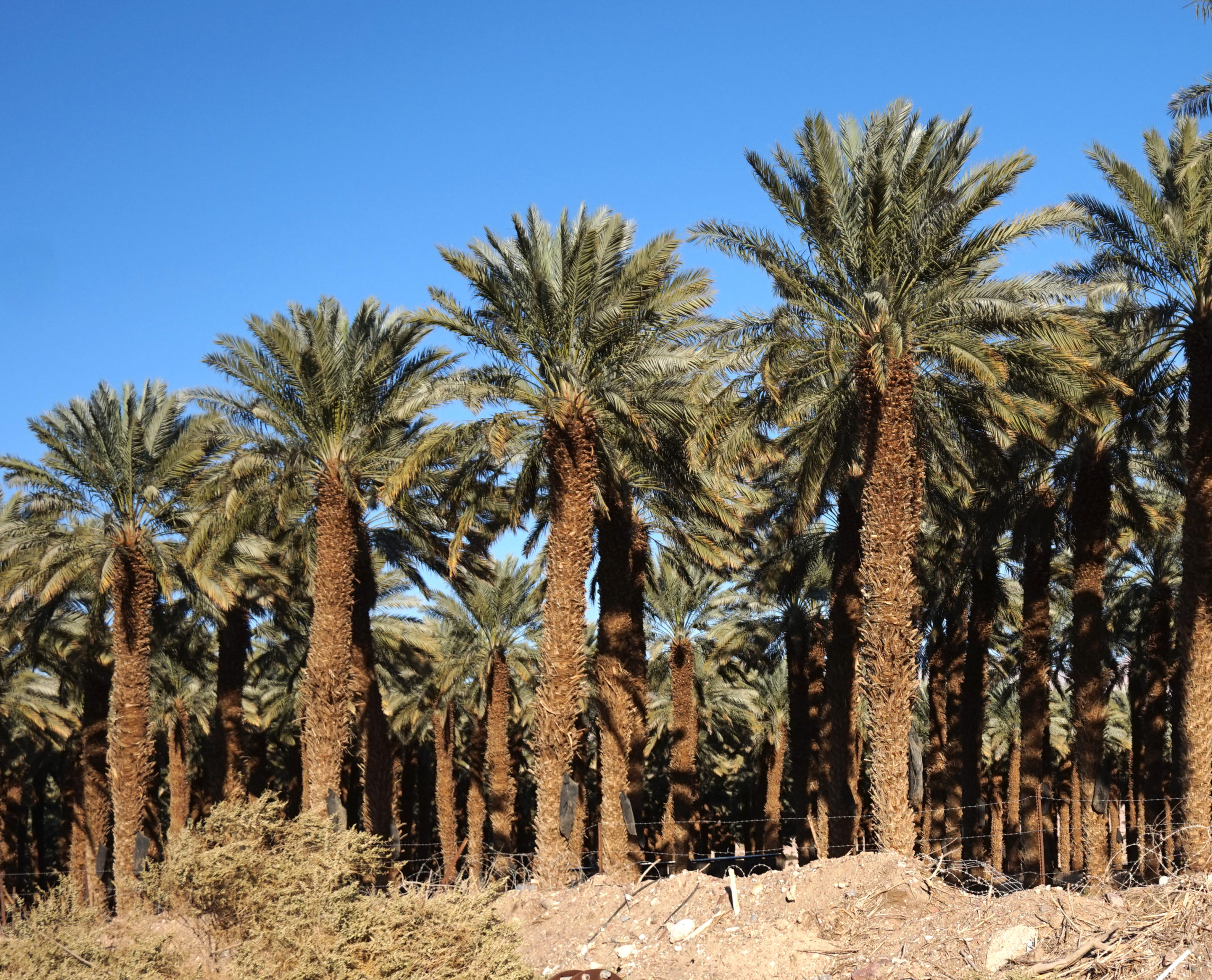A study conducted by the University of Cambridge (UK) urged consumer goods companies to be upfront about the sources of palm oil used in the products to enhance transparency so that consumers can identify and purchase products with sustainably produced palm oil. The study survey around 1700 British consumers to understand their awareness of the environmental impacts brought by palm oil production. With more than 40% of respondents acknowledging the environmental adversaries, almost no one recognized RSPO, also known as Roundtable on Sustainable of Palm Oil.
Palm oil production is regarded as the culprit for deforestation with some virgin forests being converted to palm tree farms, giving rise to a number of ecological issues such as impaired biodiversity and the overwhelming emission of greenhouse gases. A report published by Greenpeace revealed that since 2015 more than 1300km^2 of rainforests have been compromised for palm tree farming. This comes as palm oil is widely used in food production, including Oreo Cookies. Even body products, detergents and biofuels are made from palm oil.
Accordingly, Roundtable on Sustainable of Palm Oil has previously launched a certification system to push ahead with sustainable production of palm oil. However, with only 19% of palm oil certified by RSPO, chances are most of the products that we put in our mouth and on our body are still made from traditionally produced palm oil, which is expected to haunt our environment for years to come if we do not revolutionize the production method.



